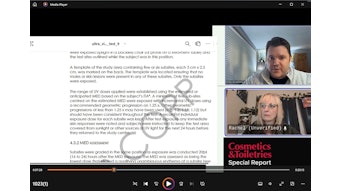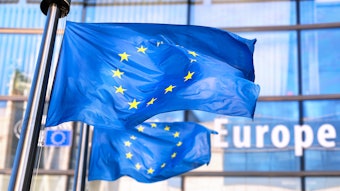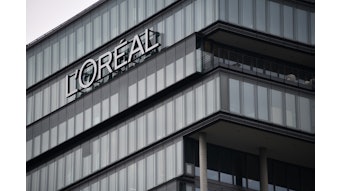Responsibility for enforcement of REACH lies with the EU Member States and is broken down into two pillars—the catalog of penalties applicable for infringements and a system of official controls. According to the REACH provisions, these two pillars were supposed to be in place by Dec. 1, 2008; however, the implementation was delayed by several Member States.
The REACH regulation also recognized the need for coordinated and harmonized enforcement and therefore created the “Forum for Exchange of Information on Enforcement.” This forum is a body at the European Chemicals Agency (ECHA) consisting of representatives from the EU Member State authorities and the European Economic Area (EEA) states including Iceland, Liechtenstein and Norway. In 2009, the forum issued its “Strategies for Enforcement” as well as its “Minimum Criteria for REACH Inspection.” Additionally, it introduced two enforcement projects. The first project was the inspection of manufacturers and importers between May–December 2009. A second ongoing enforcement project mainly addresses formulators and Only Representatives.
The results of the first enforcement project were published in May 2010. Accordingly, almost 1,600 companies were inspected in 25 Members States of the EEA. Key inspection contents were the (pre-) registration situation and Safety Data Sheets (SDS). Non-compliance with the REACH provisions was found in 378 (24%) of the inspected companies. Non-compliance with the registration provisions was found in 38 cases, and non-compliance with the SDS provisions was found in 293 cases. Other deficiencies were found in 108 cases. The measures taken as a result of non-compliance included administrative orders (169 cases), fines (12), criminal complaints (3), letters of appeal (96) and other measures (124).
As mentioned, several Member States delayed the 2008 deadline for implementing a national legislation to establish penalties for infringements of REACH. In May 2010, the EU Commission (EC) published “Penalties Applicable for Infringement with the Provisions of the REACH Regulation in the Member States,” a final report that analyzes and summarizes the penalties for 29 of 30 EU and EEA Member States. The study concludes that the methods of enforcement vary from country to country, depending on the legal and cultural background of each Member State. Some countries base enforcement mostly on criminal law while others put emphasis on compelling compliance through imposing fines. Further, Member States are enforcing REACH mostly at the administrative level or by combining administrative and criminal penalties.
As noted, non-compliance penalties vary depending on the country and include fines, injunctions (e.g. market withdrawal), prison sentences and name-and-shame methods. While many offenses to REACH result from the various provisions, others result from the national Member States’ legislations for infringements. For administrative measures, the main type of sanction is economic, and the fine amount depends on several criteria such as the company size or the severity of infringement. Criminal sanctions include pecuniary measures, deprivation of rights and prohibitions. Fines can be extremely high; in most countries they vary between € 50,000 and € 1,000,000 for the first infringement. A few countries have adopted significantly lower or higher fines. For example, in Belgium, the amount increases to € 55 million under the federal legislation, and fines are unlimited in the UK.
The report lists the costs of dossier preparation and submissions under REACH as well as testing costs and registration fees. For the different tonnage ranges, the EC equates: 1-10 tonnes/year to € 10,180; 10 -100 tonnes/year to € 82,345; 100–1,000 tonnes/year to € 145,975; and 1,000 tonnes/year to € 217,450. A general conclusion to the report is that in most countries, the penalties are not high enough to meet the costs of compliance when looking at the tonnages of production or import of more than 1,000 tonnes.










